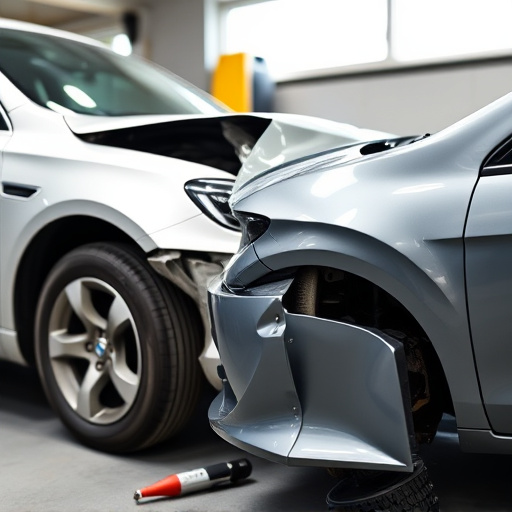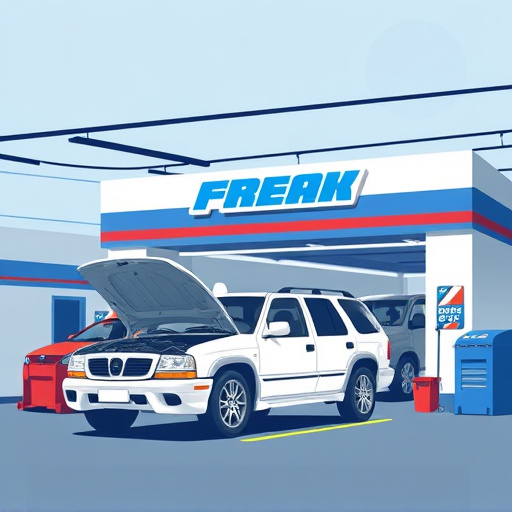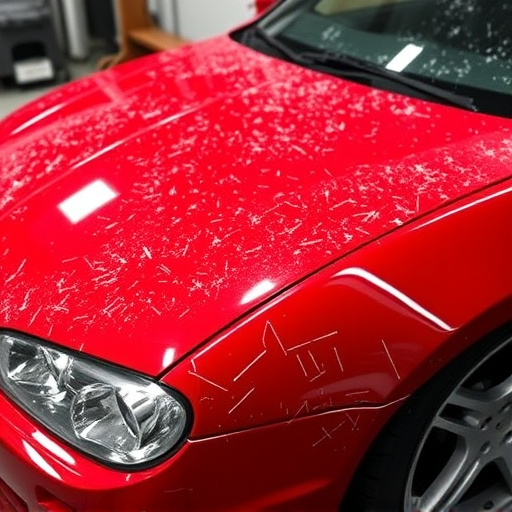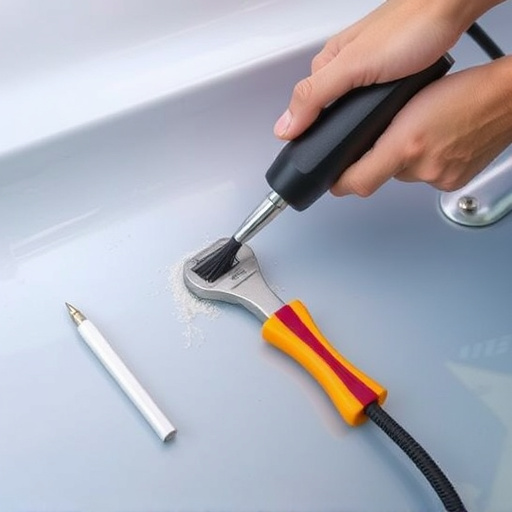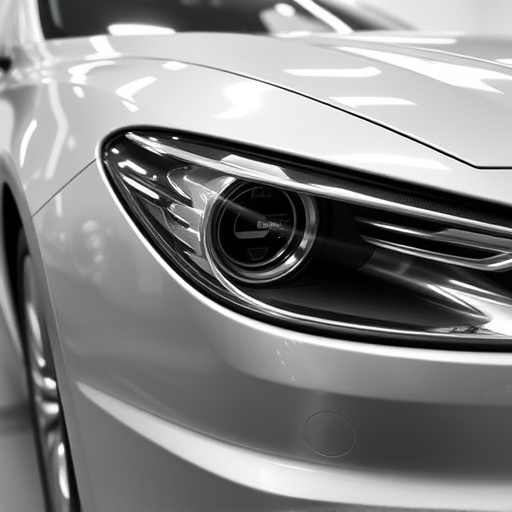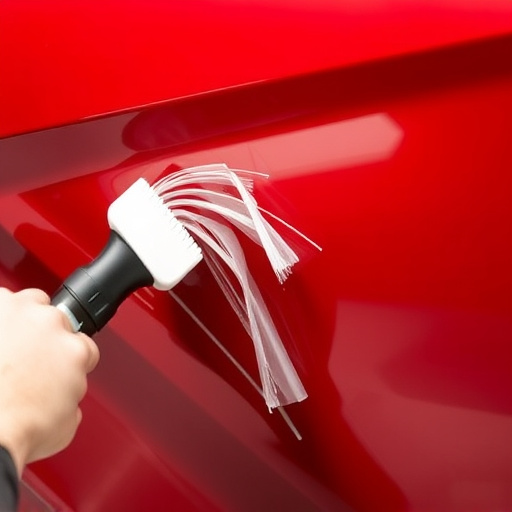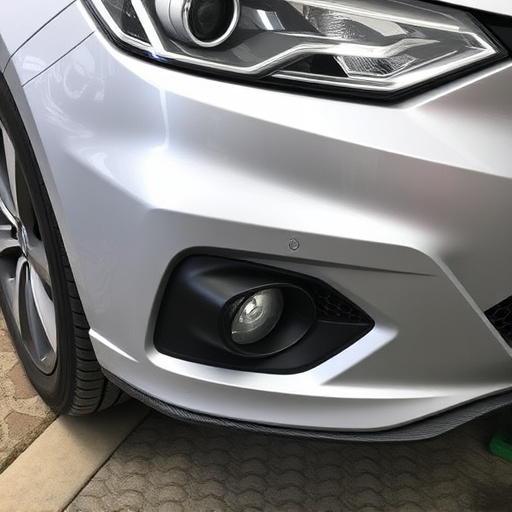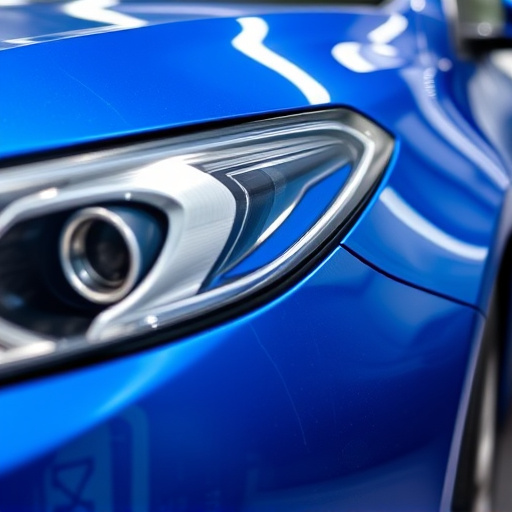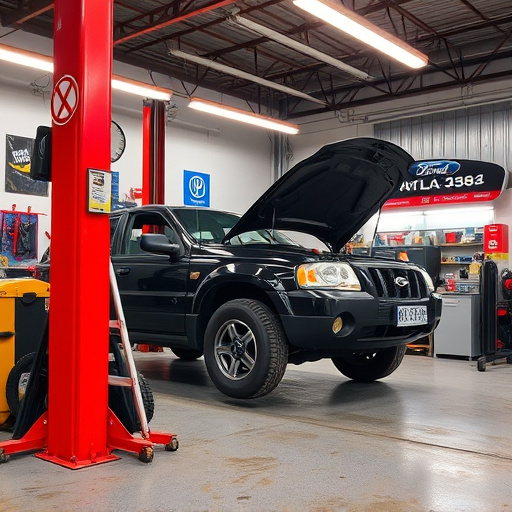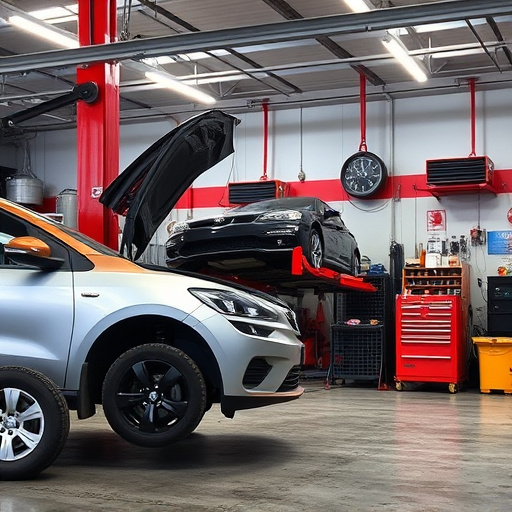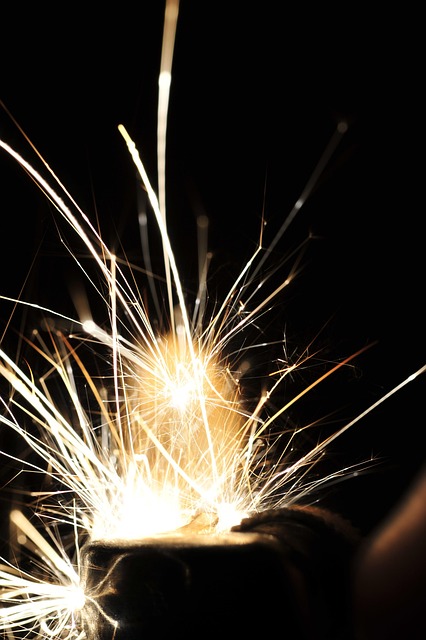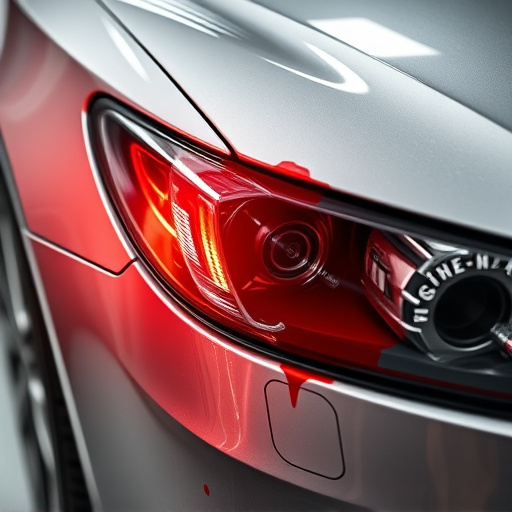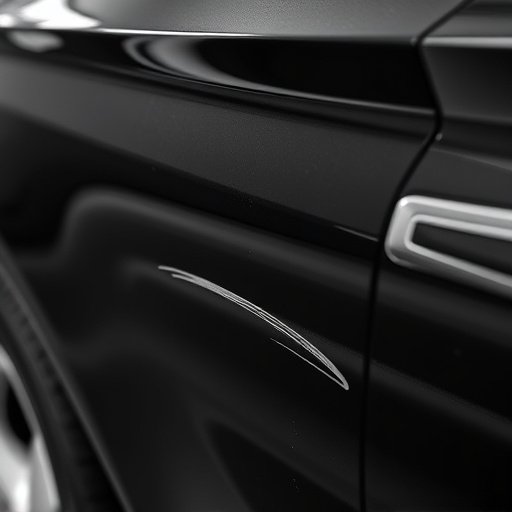Advanced Driver-Assistance Systems (ADAS) recalibration is essential for collision repair certification, ensuring vehicle safety and features like adaptive cruise control and automatic emergency braking function correctly after repairs, from minor dents to complex Mercedes Benz fixes. Certified shops prioritize sensor integrity through specialized training and tools, maintaining quality standards and road safety.
“The evolution of autonomous driving systems (ADAS) brings unprecedented safety features to vehicles, but their precision relies on regular recalibration. This is where certified collision repair shops step in as industry leaders in ensuring these advanced systems function optimally after repairs or accidents.
This article explores the critical role of ADAS recalibration in certified collision repair settings, emphasizing its importance for maintaining safety and quality standards in modern vehicle servicing, especially with relevant SEO keywords like ‘collision repair certification’.”
- Understanding ADAS Recalibration Importance in Collision Repair
- Certified Shops: The Standard for Accurate Recalibration Techniques
- Ensuring Safety and Quality Through Regular ADAS Checks and Adjustments
Understanding ADAS Recalibration Importance in Collision Repair
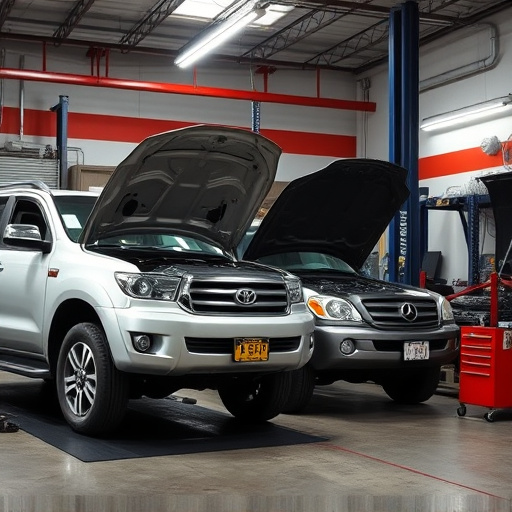
In today’s automotive landscape, Advanced Driver-Assistance Systems (ADAS) are integral to modern vehicles’ safety features. These systems include technologies like adaptive cruise control, lane-keeping assist, and automatic emergency braking. When a vehicle undergoes collision repair, especially complex or extensive damage, recalibration of ADAS becomes crucial for ensuring these critical safety mechanisms function optimally. Failure to properly recalibrate could result in compromised vehicle safety, which is not only unacceptable but may also impact the shop’s reputation and potential legal consequences regarding collision repair certification.
Proper ADAS recalibration goes beyond simply fixing a vehicle dent repair or collision damage repair; it involves complex adjustments to sensor alignments and software configurations. Collision repair technicians must be adept in handling these technologies to perform accurate calibrations, adhering to manufacturer guidelines. This is particularly important as vehicles continue to evolve with more sophisticated safety features, making ADAS recalibration an essential aspect of professional vehicle repair for maintaining both vehicle integrity and passenger safety.
Certified Shops: The Standard for Accurate Recalibration Techniques
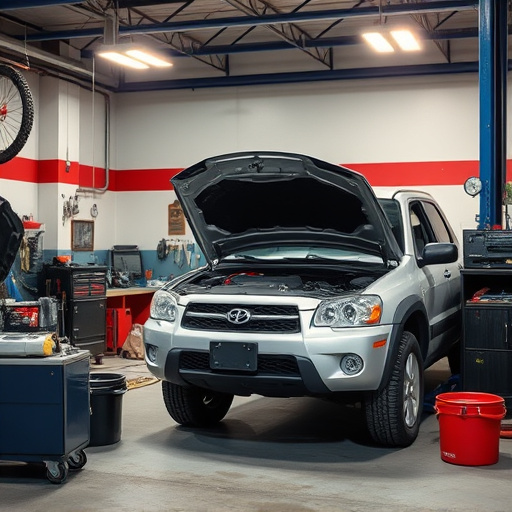
Certified collision repair shops adhere to stringent standards set by industry authorities, ensuring they employ accurate and reliable recalibration techniques for Advanced Driver-Assistance Systems (ADAS). These shops understand that proper ADAS recalibration is paramount not only for vehicle safety but also for maintaining the integrity of modern vehicles’ complex sensor suites. With collision repair certification, technicians are trained to handle a multitude of sensors, from cameras and radar to lidar, ensuring each component functions optimally after any automotive restoration or fender repair.
Moreover, certified shops employ specialized tools and software to recalibrate these systems, going beyond mere auto glass replacement to address the intricate networking of ADAS components. This meticulous process guarantees that features like adaptive cruise control, lane-keeping assist, and automatic emergency braking operate seamlessly, enhancing driver confidence and road safety.
Ensuring Safety and Quality Through Regular ADAS Checks and Adjustments
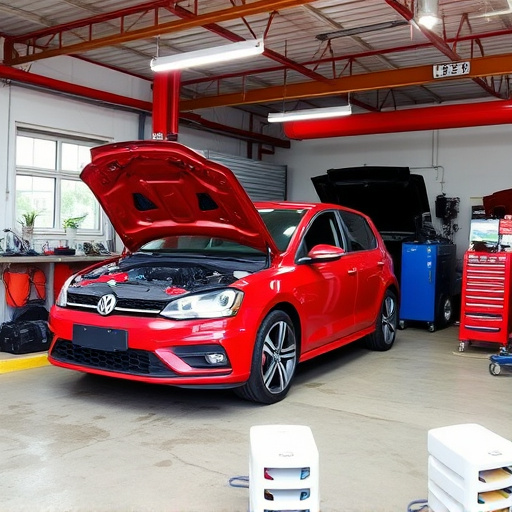
In the realm of certified collision repair shops, maintaining the integrity and functionality of Advanced Driver-Assistance Systems (ADAS) is paramount. Regular checks and adjustments are essential to ensure that safety features like lane departure warning, adaptive cruise control, and automatic emergency braking operate optimally. These systems play a crucial role in preventing accidents and mitigating damage, especially with modern vehicles equipped with sophisticated sensor suites. By conducting thorough ADAS recalibration, repair shops can guarantee that these technologies function at peak performance after any collision or repair process, be it for a minor car scratch repair or complex mercedes benz repair.
Regular maintenance involves more than just recalibration; it includes meticulous checks of sensors, cameras, and radar units to ensure they are aligned correctly. This is vital as even slight misalignments can lead to inaccurate readings and potential safety hazards on the road. Collision repair certification programs emphasize these procedures to uphold quality standards, ensuring that not only is the physical damage from incidents like car dent removal addressed but also the technological integrity of the vehicle’s safety systems.
Collision repair certification isn’t just about mastering technical skills; it also involves ensuring safety through accurate ADAS recalibration. Certified collision repair shops play a vital role in maintaining the integrity of advanced driver-assistance systems, guaranteeing not just high-quality repairs but also enhanced road safety for all vehicles they service. By adhering to strict standards and regular ADAS checks, these shops ensure that cars leave their facilities with reliable, accurately calibrated systems, contributing to a safer driving experience.
